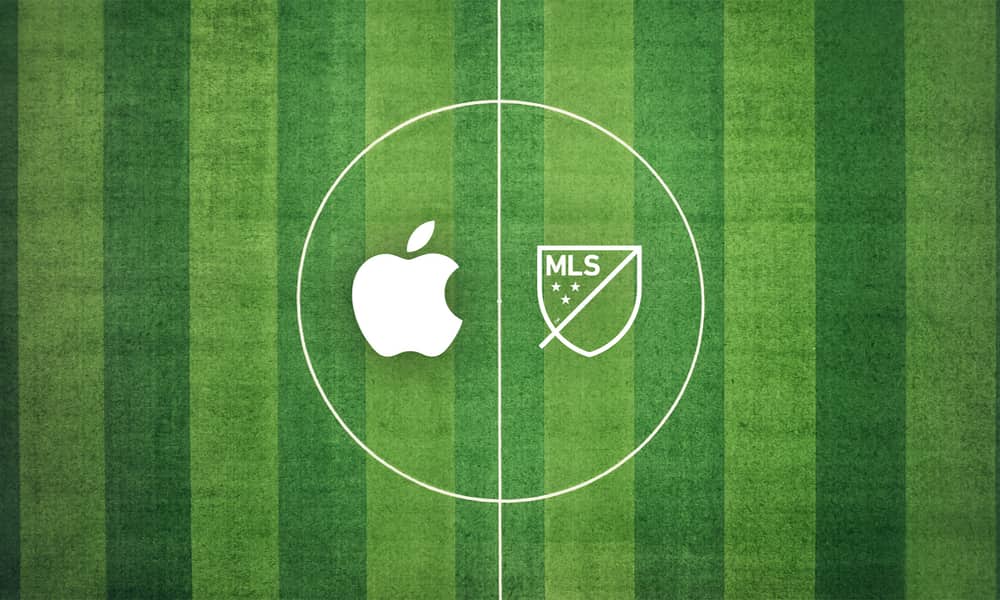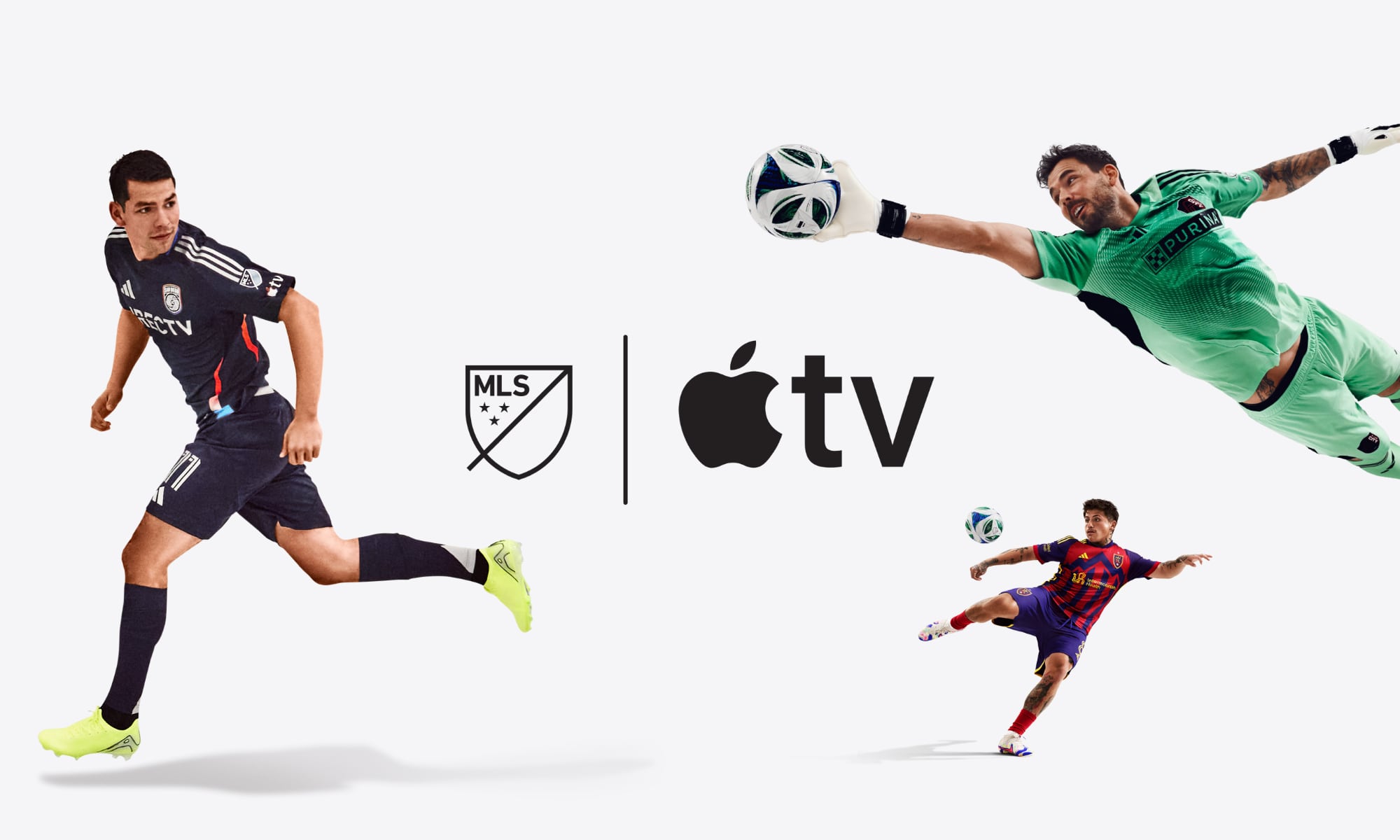The Price of Free MLS: Apple Shortens Contract by Three Years
 Apple
Apple
Toggle Dark Mode
Last week, Apple shocked us by tearing down the MLS Season Pass paywall — a move that will make next year’s Major League Soccer matches available to all Apple TV subscribers at no extra charge. However, it seems that the new deal Apple and MLS inked to change these terms came with another big change.
What Apple originally signed with MLS in 2022 was a $2.5 billion deal to make Apple TV the exclusive home of Major League Soccer for ten years, running through to 2032. However, it seems that the new agreement between the two companies shaves 3.5 years off that deal, bringing it to an end in 2029.
According to Sportico, Apple’s overall financial commitment for those remaining years won’t change too much, with a little over $850 million going to the MLS between now and 2029:
MLS will be paid $200 million for its 2026 season, the last under the current calendar, then $107.5 million for the shortened “sprint” campaign in 2027, according to someone familiar with the details. It will then be paid $275 million each for the 2027-28 and 2028-29 seasons, said the person, who was granted anonymity because the details are private. MLS ownership was briefed on the new deal at league meetings in Florida on Thursday.
Eben Novy-Williams and Jacob Feldman, Sportico
A critical component of this new deal is that the league will also undergo a pivotal shift in 2027, moving from the current calendar-year schedule to align with European seasons, which run from August to May. That’s where this extra $107.5 million is coming from — it covers that “sprint” period in early 2027 that will fill in the gap between the end of the 2026 MLS Season and the start of the new season in August 2027.
This is also why the deal has been shortened by three-and a half years. However, aside from that transitional cost, Apple is still paying the same average of $250 million per season that it has been since 2022. Sportico’s sources say it actually only works out to a $50 million increase over what MLS would have been paid through June 2029 under the original deal.
It’s hard to tell whether this shorter arrangement should be considered a loss for Apple, since there’s nothing to say it can’t be renewed in 2029. However, the company is also giving up another thing under the new terms: its ability to back out.
When Apple signed the MLS deal, it included an escape clause that would have let Apple and MLS amicably part ways at the half-time point in 2027. Apple has given this option up as part of the revised arrangement, but that may not be much of a sacrifice.
After all, there was never any indication the company cared much about this parachute — Eddy Cue, Apple’s services chief and the architect of the deal, said early on that he’d like the deal to go on forever — so having it there may have just been good business. It’s also standard fare; leagues often give streamers or broadcasters these mid-contract off-ramps as leverage or protection.
It’s also never been clear how much of the standalone MLS Season Pass was Apple’s idea versus something MLS pushed for. After all, the deal was brokered not only to ensure a baseline level of subscription revenue but also to include revenue-sharing agreements on top of that. This is why Apple couldn’t unilaterally make MLS Season Pass free without reworking its arrangement with MLS.
When Apple signed an $85 million-per-year deal with MLB for Friday Night Baseball, it was offered to Apple TV subscribers at no additional charge — but that was also something the league explicitly wanted. MLB even insisted that Apple offer it to non-subscribers for a limited time to get MLB games in front of as many eyeballs as possible. That left a question mark hovering over what Apple would have done if left to its own devices.
It was Apple’s recent F1 streaming deal that seems to have finally answered this question. Streaming all Formula One races in the US to Apple TV subscribers at no additional cost demonstrates that Apple would much rather put everything under the single “Apple TV” umbrella. It’s not entirely surprising, as it seems much more like Apple’s style — a simple plan that gives customers everything they want for a fixed price rather than forcing them to juggle multiple bundles.
Again, there’s no guarantee that 2029 will be the end of the Apple-MLS relationship, but by the time the contract ends, Apple could be looking at a very different sports portfolio — perhaps one where MLS isn’t the lone pillar but one piece of a larger, unified Apple TV sports ecosystem.








